 |
Your Research, Scholarship, and Creative Activity is Valuable – Get the Word Out
By Luis Cifuentes, Vice President for Research and Dean of Graduate School, NMSU
“Nothing in science has any value to society if it is not communicated, and scientists are beginning to learn their social obligations.” Anne Roe, The Making of a Scientist (1953)
When I started at New Mexico State University (NMSU) on July 1, 2018, I entered the Twittersphere. Bluntly, I did this to force myself to follow the university’s external awards on a daily basis, connect with the faculty and staff who receive these awards, and spread the news beyond the campus. To date, I have posted over 3,300 tweets, the majority reporting on NMSU’s external funding successes. My Twitter handle is @NMSUVPR and I encourage you to follow, retweet, like, and comment.
LEADS 2025 Goal 2 tactic 2.4.2 is to develop a communications plan to amplify research, scholarship and creative activity outcomes beyond NMSU. Adriana Chavez in News and Media Relations is the tactic champion. Next steps are to develop a communication plan for the University that includes consistent messaging and hashtags. We need to train researchers, scholars and artists to use social media and speak to the media. We must innovate university communications and get better at lay messaging which shows the common value of what we do.
Effective lay messaging is particularly difficult in science. In a recent article, We need to make scientific papers understandable for nonscientists, Dr. Elisabeth Adkins Marnik, assistant professor of molecular biochemistry at Husson University, pens that as “scientists, we are usually behind our lab benches and computers. We are not always good at getting understandable science out there for public consumption. Instead, people rely on the media and alternative sources for their scientific information. Sometimes this works out fine because their sources are reliable. Other times, it ends in disaster and erodes trust in science.” She points that COVID-19 put science in the forefront and revealed scientists failure to communicate effectively.
Alan Alda, actor and comedian, founded Stony Brook University's Alan Alda Center for Communicating Science. Its website declares “[b]efore you can share your work and its significance, you must build trust and understanding with others. People need to feel that you understand and have compassion for their perspectives. Scientists must be willing to listen and engage in honest conversations before sharing their work.” Notably, the Center relies on the arts, theater in particular, to help scientists improve communication skills. In Science Communication through Art: Objectives, Challenges, and Outcomes, the authors note that the arts are becoming a favored medium for conveying science to the public. NMSU has robust opportunities for collaboration among STEM and art departments with the objective of improving the impact of our research and scholarship.
In a recent Zoom meeting with representatives of Academic Analytics discussing tools that help benchmark and compare research grants, scholarly publications, and honorific awards among departments, colleges and universities, participants noted the paucity of data for the arts and humanities; data that resides in the internet. It is a major problem that a company, which is highly effective at aggregating, curating, visualizing, and contextualizing data on scholarly productivity, has difficulty finding information for the art and humanities. The solution to this problem is complex and will take many years to solve. In the meantime, NMSU must improve the social media footprint of its artists and humanists.
Back to my activities in the Twittersphere. Information I tweet comes from three major sources: ARGIS, NMSU News and others Twitter posts. Less frequently, I get an email, read or hear about it. I wish to share all accomplishments in research, scholarship and creative activity. Let me know when you publish a book, write or direct a play, compose, conduct, sing, perform, and show.
NMSU is a great comprehensive university; help me tweet that.
|
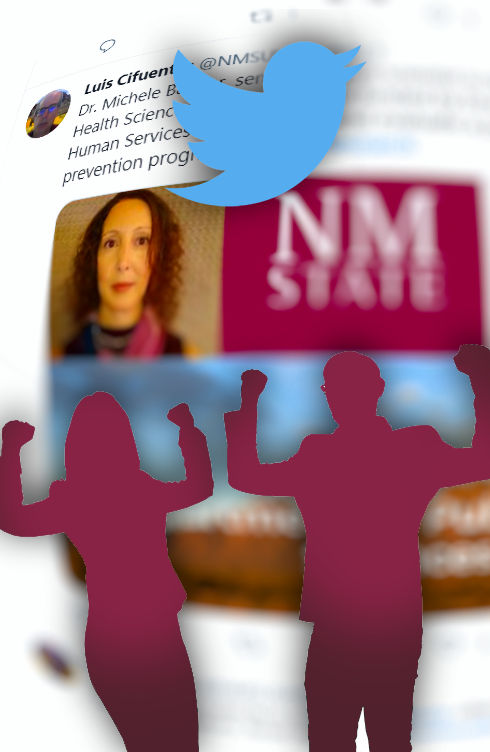
|
Welcome to All Returning and New Faculty, Students, and Staff!
By Dr. JoAnne Dupre, Biosafety and Export Control Manager, RIC
As the fall semester begins, here is a compilation of some back-to-campus reminders that are important to researchers.
COVID-19 management plans
Departmental procedures are in place for safe practices in research areas, and we are prepared for flexibility and changes if needed. For the most current Covid-19 guidelines and protocols, including information about returning to campus, please visit the NMSU Now website at https://now.nmsu.edu
- Beginning Monday, Aug. 2, face coverings are required at all indoor NMSU system locations and offices around the state when six feet of distance between individuals is not possible. This indoor mask requirement applies to all classrooms, labs, meeting rooms, vehicles and other spaces, and to all faculty, staff, students and visitors to NMSU, regardless of vaccination status. Anyone unvaccinated must wear a mask indoors at all times.
- Vaccinations are available: Aggie Health and Wellness Center at the Las Cruces campus offers free vaccine appointments. Call 575-646-1512 to schedule. Local pharmacies and grocery stores across the state also offer the vaccine.
- Positive test for COVID? Immediately notify your supervisor and Aggie Health and Wellness (575) 646-7375 or campus_health@nmsu.edu for contact tracing and recommendations.
Required Trainings
- Training Central annual certification: if you received a notice from Training Central, please make sure to complete the mandatory Strategic & Essential Training (SET) courses as soon as possible. If you have questions about how to find or complete your annual SET in Training Central, please visit https://training.nmsu.edu/set.
- Safety Courses at Environmental Health, Safety, and Risk Management (EHS&RM): visit https://safety.nmsu.edu/training for requirements, calendar, and virtual options. Students can register for safety courses by sending Internal Access Request Form to Training Central.
- Research-specific trainings, for activities with human subjects, animals, and many other topics, are available as online courses at https://www.citiprogram.org. Users create their own accounts (not NMSU sign-on), and receive completion certificates that can be shared with their supervisors or compliance committee.
International activities and research
- International travel requests follow processes established within departments for approval by the Provost. The request form gathers information about travel conditions, insurance, and any university-owned items that will be transferred, to provide guidance as needed.
- Disclosure reporting: an important message was provided by Dr. Manoj Shukla, Director of ACES Global Program and Aggies Go Global. It applies well to research activities in all colleges.
- If you are actively collaborating with a Foreign University and/or Agency, please disclose your association in the conflict of interest form. Please disclose your financial arrangements, if any, with the foreign entity.
- If you are accepting a foreign international student/scholar (visiting scholar), please have a plan ready with regard to the tasks (research, extension, others) performed by the visiting scholars, and lab and field facilities to be used during their stay at NMSU.
For more information about any of these topics, contact JoAnne Dupre at jdupre@nmsu.edu.
|
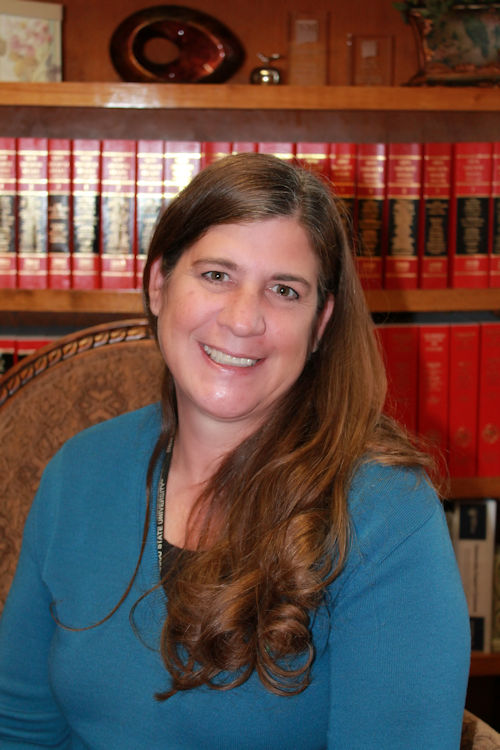
Dr. JoAnne Dupre, Biosafety and Export Control Manager, RIC
|
Streamlyne Implementation: Update
By Phillip De Leon, Associate Vice President for Research
Kickoff meetings between Streamlyne and the NMSU implementation team have been scheduled for August 2, 4, 6, 10, and 12. The kickoff begins with development and review of the overall project plan and will include both VPR Luis Cifuentes and interim CIO Chris Kielt. Considerable time will be devoted to understanding and developing the required foundational and configuration data. Research enterprise data typically includes NMSU's organizational units and hierarchy, researcher/PI information, HR information, and sponsors. Much of the legacy data is expected to be mapped and imported into Streamlyne from ARGIS while other data will be exchanged with existing systems such as Banner, via application programming interfaces.
|

|
NM Space Grant and NM Space History Museum Hold Successful Virtual STEM Training for NM Educators
By Cristina Esquivel, Program Specialist, New Mexico Space Grant Consortium
New Mexico Space Grant Consortium (NMSGC) in partnership with the New Mexico Museum of Space History (NMMSH) completed a virtual professional development for educators “NASA-in-the-Classroom Educator PD Workshop.” Eighteen secondary school educators from across the state, serving underserved and underrepresented students from public to tribal schools, participated in synchronous and asynchronous work to learn coding. Educators engaged with NASA scientists and engineers and were able to conduct self-directed investigations incorporating NASA data and coding. NASA topics included: My NASA Data, the GLOBE program, NextGen STEM, Commercial Crew Program and astrobiology. Educators deepened their space-related knowledge and pedagogical-content knowledge. Attending to the principles of Universal Design for Learning (UDL), educators incorporated inclusive practices and Next Generation Science Standards (NGSS). Educators received micro-credentials and had an opportunity to apply for graduate continuing education units through the College of Health, Education and Social Transformation.
Educator testimonials:
“As a science teacher, this was one of the most productive professional developments I have ever attended. After four sessions of working with these amazing instructors, I feel confident integrating Sphero into my classroom to teach the basics of coding and utilizing tools from NASA to bring real data into my lessons. Having access to professionals in the fields of computer science, astrobiology, and climatology is exactly what our science teachers need to prepare students for the future of technology integration… My hat is off to the team over at New Mexico Space Grant, and I will be recommending my colleagues to take this training if offered in the future.”
Nick, 7 th Grade Teacher, Science/Inclusion, Jimmy Carter Middle School
“To be part of this training is indeed an honor. At first when I received the email informing me I was accepted to the program I had second thoughts of accepting the offer, basically, because I was afraid that I could not follow the coding lesson and it would just be a waste of time…The speakers of each sessions are all knowledgeable and they gave us ways on how to easily follow coding and at the same time enjoy the session. I am so excited to be back to school and integrate what I learned in this training… Lastly, I can’t thank Space Grant enough for considering me to be part of this training. I am looking forward to more trainings like this.”
Melba, STEM/NHS Advisor, Bernalillo High School
|
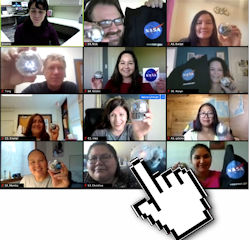
|
How to Pursue Research Funding from the Department of Defense: A Webinar on August 19, 2021
By Hamid Mansouri Rad, Senior Proposal Development Specialist, RAS
The OVPRGS is hosting a webinar on August 19, from 9:00am to 12 noon, on how to pursue research funding from the Department of Defense (DoD). Offered by Ms. Lucy Deckard, the founder of the Academic Research Funding Strategies, this webinar will discuss:
-
- Identifying your program officer (PO) and a mock pitch.
- How mission agencies (such as DoD) are different from fundamental research agencies (like NSF and NIH)
- Agencies within DoD that fund academic research
- Understanding funding opportunities (Long-range BAAs, targeted BAAs, RFPs, and more)
- Unsolicited proposals: Identifying the right PO and getting your foot in the door
- Other ways to get your foot in the door
- How collaborating can improve competitivenes
- White papers and quad charts
- Writing a full proposal
This webinar will also touch on DoD funding opportunities for social scientists. To register, send email to hamid@nmsu.edu.
|
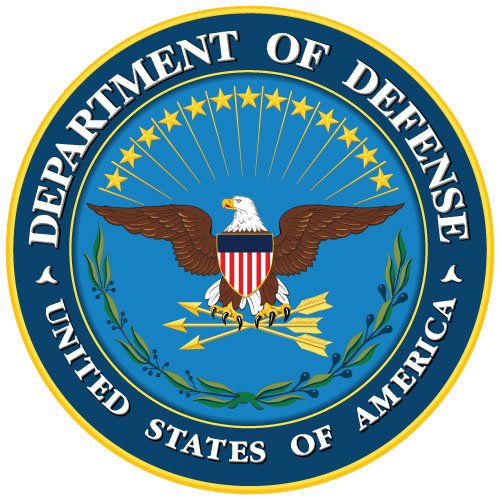
|
Save the Date: Research Administration Roundtable, August 19, 2021
The Offices of Research Administration Services and Research Integrity and Compliance will hold their quarterly roundtable discussion for pre-award research administrators and other support staff from throughout the NMSU system on August 19 at 11:00 am via Zoom. Regular communication and collaboration are the primary goals for these roundtables, as we collectively continue the mission of NMSU LEADS 2025.
|
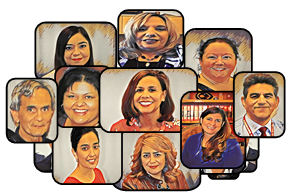
|
DON HBCU/MI Funding Opportunity
By Hamid Mansouri Rad, Senior Proposal Development Specialist, RAS
Department of Navy Science and Technology has released its HBCU/MI program funding opportunity announcement N00014-21-S-F0006. The program competitively supports proposals to advance basic naval-relevant science and technology, engage faculty and students in STEM discovery, and expand the research capacity of participant institutions. Key areas of interest include:
- Information, Cyber, and Spectrum Superiority
- Undersea Battlespace and Maritime Domain Access
- Mission Capable, Persistent, and Survivable Sea Platforms
- Warfighter Performance
- Aviation, Force Projection, and Integrated Defense
Deadlines:
- Mandatory white papers: September 8, 2021
- Invited proposals: December 1, 2021
Please note that the principal investigator (PI) and all proposed personnel must be U.S. citizens on the date white papers are due. In addition, the PI must have a full-time tenured, tenure-track, or tenure-track equivalent academic appointment at an MSI. This is a single PI award. No Co-PI and no sub-awards will be permitted.
|
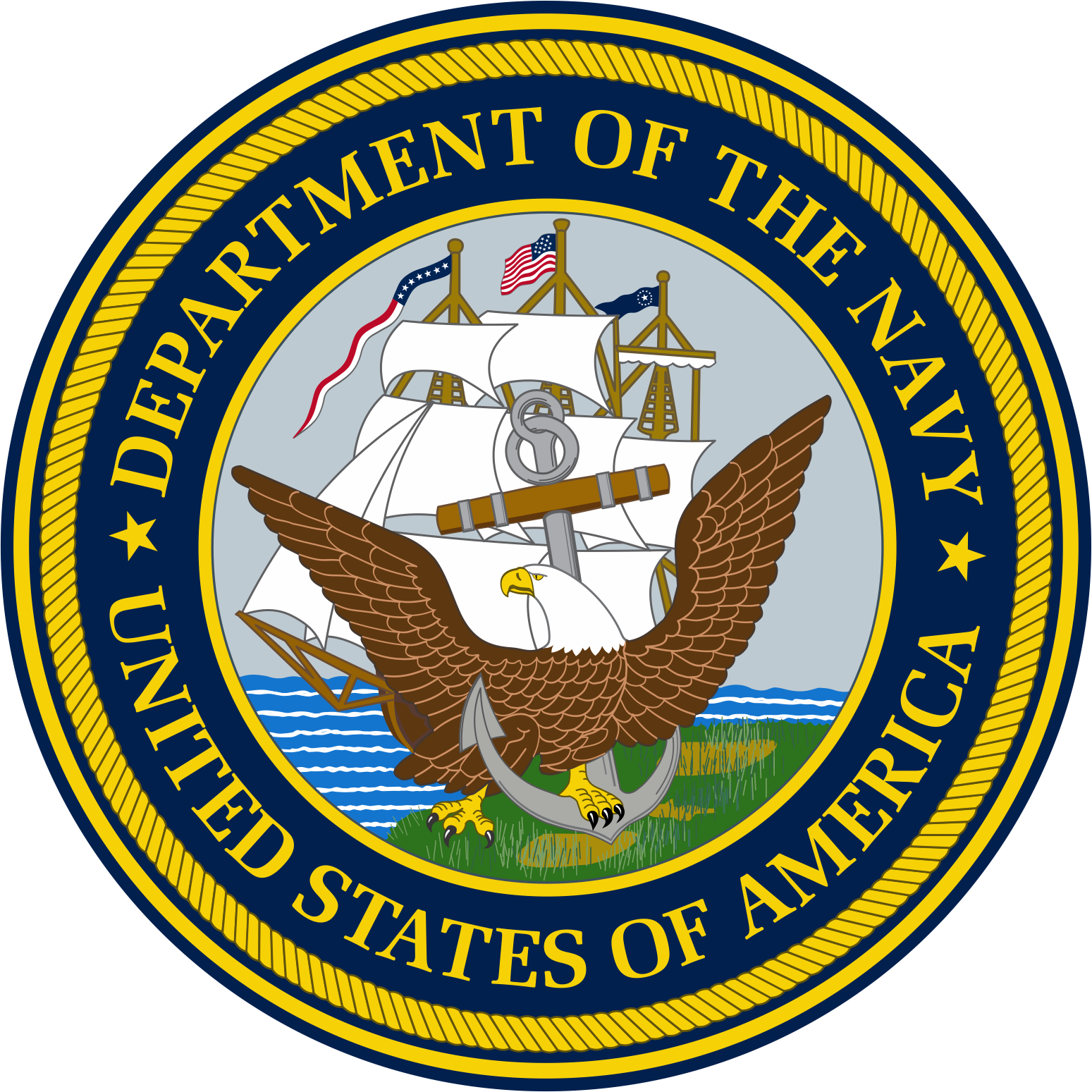
|
NSF Major Research Instrumentation Funding Opportunity (Limited Submission, August 16 Notification Deadline)
By Hamid Mansouri Rad, Senior Proposal Development Specialist, RAS
National Science Foundation (NSF) Major Research Instrumentation (MRI) program accepts proposals for acquisition or development of significant research instruments required for advances in basic research in science and engineering. Requirements of proposals to this program include description of how acquisition of the proposed instrument would enhance research training of students who will become the future users and developers of such scientific instruments. NSF limits us to submit three proposals in response to this program, two in Track 1, requesting funds greater than or equal to $100,0001 and less than $1,000,000, and one in Track 2 requesting funds greater than or equal to $1,000,000 up to and including $4,000,000. Because NSF MRI is a limited submission, NMSU Research Administration Services coordinates the internal process to determine the strongest proposals to be submitted. Eligible faculty who would like to submit proposals must communicate their intent by August 16, 2021 by sending an email to ras@nmsu.edu, subject line Limited Submission and NSF MRI followed by the intended track (Track 1 or Track 2) in the body of the email (for example, NSF MRI: Track 1). For more information please visit the NSF Solicitation 18-513 or send email to hamid@nmsu.edu.
|
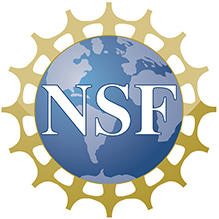
|
Limited Submission Funding Opportunities
By Hamid Mansouri Rad, Senior Proposal Development Specialist, RAS
Research Administration Services maintains a list of limited submission funding opportunities for NMSU research community. The list is accessible through a link on the Research website, through the Research Administration tab. NMSU users can also access the list directly on SharePoint . We encourage NMSU researchers to periodically visit the site and if they are interested in any of the opportunities to please inform us by sending email to ras@nmsu.edu .
|
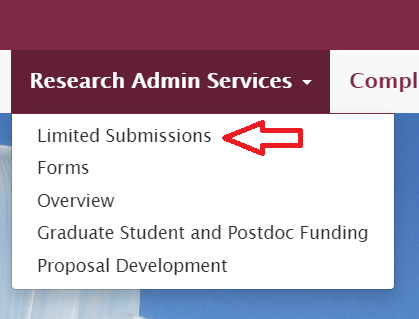
|
Pivot Funding Opportunity Database
This is a reminder that in order to assist NMSU faculty and staff in locating external funding opportunities, the OVPRGS has purchased a subscription to ProQuest’s Pivot software available at https://pivot.proquest.com/session/login .
To create an account with Pivot for the first time
- Click on the Sign up link.
- On the next page, click on Use email address/create password.
- Enter your name.
- Enter your NMSU email address.
- Create a password.
- Choose New Mexico State University from the Affiliated Member Institution drop down menu.
- Check the consent checkbox.
- Check the reCaptcha check box.
- Press the Create my account button.
To request a one-on-one or group Pivot training, send email to hamid@nmsu.edu.
|
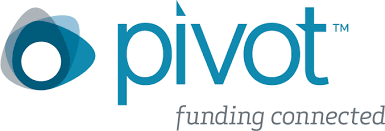
|
Graduate School
|
Graduate School's Shout-out to Dr. Lois Stanford!
By Carol Flinchbaugh, Associate Professor of Management and Graduate School Faculty Fellow
The Graduate School would like to recognize Dr. Lois Stanford, a professor of cultural anthropology in the Department of Anthropology, for her continued support and mentorship given to graduate students. Dr. Stanford has served as the Graduate Advisor for the department for over ten years, assisting the 35-40 students enrolled in their M.A. at any given time. In this capacity, she meets with prospective students, advises current students about strategies to degree completion, helps them identify Graduate Certificates and/or graduate minor that gives them a marketable skill set or specialization in conjunction with department faculty, and oversees their general progress through their graduate studies. Dr. Stanford devoted an estimated 10-15 hours a week working in this role during the pandemic. She conducted close to 40 Zoom interviews this Spring with prospective graduate students from across the U.S. to help the department maintain comparable graduate enrollment as pre-pandemic. Dr. Stanford works closely with the department head, Dr. Rani Alexander, to solicit outside funding, from across campus or externally to provide support for their students.
Dr. Stanford’s research focuses on regional issues related to food security and food sovereignty in the U.S. Southwest, Border region, and Mexico. She recalls multiple student success stories in various domains of Food Studies. These include working on culinary programs with Native youth chefs at the Southwest Indian Polytechnic Institute, developing culturally appropriate curriculum for traditional foodways for childcare providers, and completing an international fishing study for hunters and local fishermen in Ecuador. Her students have gone on to complete doctoral programs at R1 universities and continue to improve food services by conserving local foodways, promoting youth nutritional education programs, addressing issues of food justice in the US-Mexico borderlands, addressing climate change issues for fishing sustainability, and working in policy-related work to improve community outreach for food security issues in NM. Dr. Stanford acknowledges that the department’s successes with graduate students where “other anthropology faculty can point to similar success stories with their students…demonstrating the potential for anthropology graduate students to use our M.A. program to develop themselves professionally and academically, using our M.A. program as a springboard into challenging and exciting careers.”
In addition, Dr. Stanford recently received the S.P. Manasse and Margaret Manasse Endowed Award, the highest honor for research and creative activities in the College of Arts & Sciences. With this award Dr. Stanford will begin a new collaboration with the NMSU American Indian Center to assess food insecurity on the NMSU Campus. This project will focus on student perceptions and voices about food security and food sovereignty and will lead to collaborative proposals to maintain this among Native NMSU students. Dr. Stanford is collaborating with ACES faculty to examine the nutritional contribution of traditional Mexican dishes, in particular linkages between traditional foodways and culinary heritage and health on the US-Mexico border. She has served as the board president for the non-profit for organization, La Semilla Food Center, and volunteers at the Aggie Cupboard.
Dr. Stanford epitomizes how NMSU faculty work tirelessly to elevate graduate education and research to address LEADS 2025. Dr. Rani Alexander states, “Dr. Stanford exemplifies the best practices in collaborative and engaged scholarship and education in NMSU’s College of Arts and Sciences. Our Anthropology students are fortunate to receive her caring recruitment, advice, and mentorship that allows them ... to make a positive difference in the communities where they live and work.”
Dr. Stanford can be reached at lstanfor@msu.edu.
|
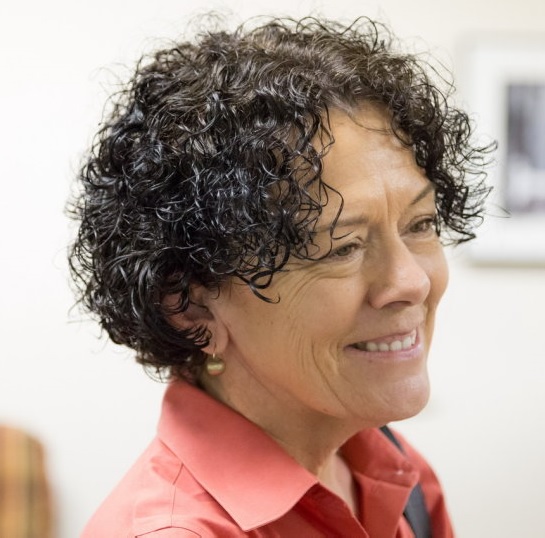
Dr. Lois Stanford, Professor
of Cultural Anthropology, NMSU
|
How to Pursue an Internship for Graduate Students: A Webinar on August 27
By Chong-Hwey Fee, Proposal Development Specialist, RAS
I invite NMSU graduate students to join me for an informational webinar on Friday August 27 at 2:00pm, where I discuss how to find internship opportunities, possibilities to create an opportunity that does not exist yet, unpaid internships, and negotiating benefits, among other topics.
To register please visit the Teaching Academy events website at https://teaching.nmsu.edu/events/upcoming-events.html. For more information please contact me at fee@nmsu.edu.
|

Chong-Hwey Fee, Proposal
Development Specialist, RAS
|
Questions and comments regarding NMSU’s Research Digest should be directed to Hamid Mansouri Rad, Ph.D. at hamid@nmsu.edu, (575) 646-6429.
|












